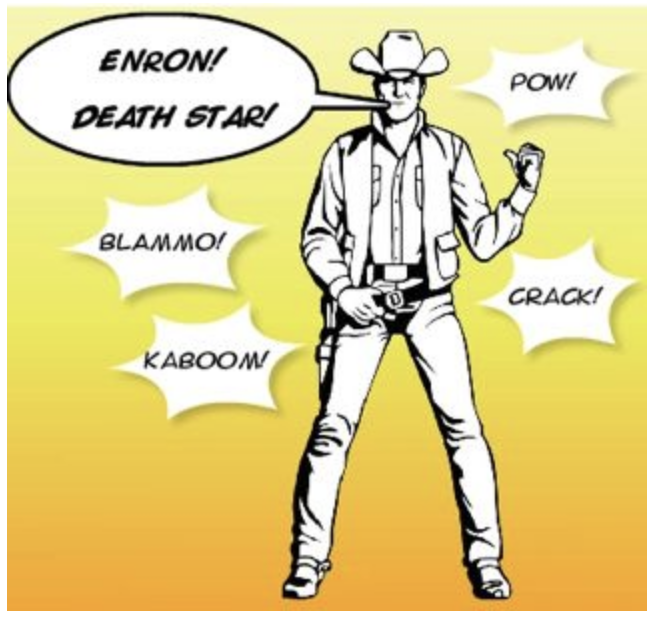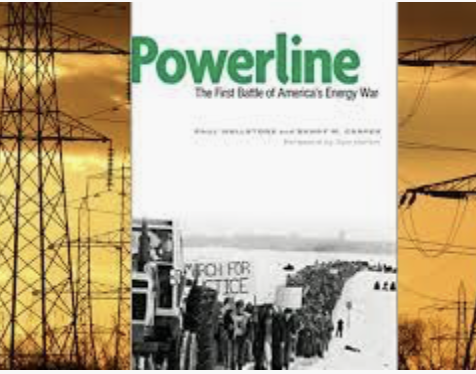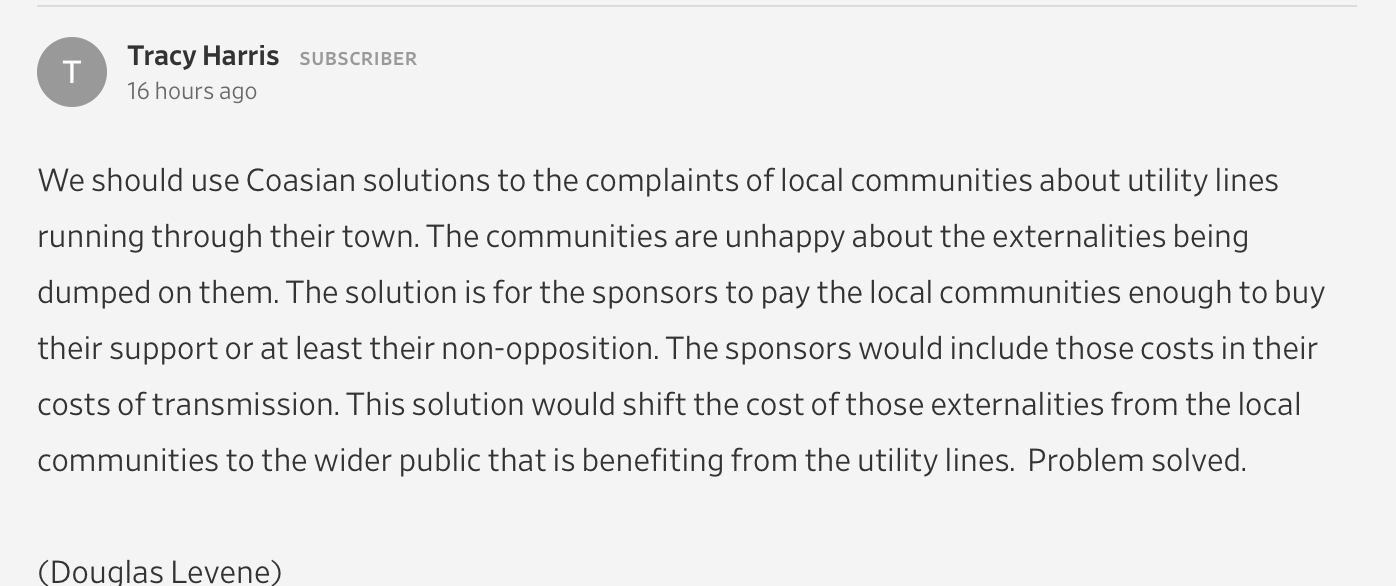Here.
Or perhaps here.
In the first example, FERC tries to excuse the misbehavior of its employees as not material to its pursuit of the estate of a man it accused of market manipulation. Accused manipulator Andrew Kittel jumped off a bridge rather than face these guys.
FERC's cowboys are quick to pounce and eager to hound any accused manipulator into a settlement rather than face FERC in court. Sometimes their bullying works. And sometimes it doesn't. But how far will they go just to win, and why are energy market outsiders, like traders, always the targets? Allowing the supposed "manipulation" to go on until stunning amounts of supposedly illegal cash are obtained, which nobody can ever repay, seems as bad as the manipulation itself.
Why are the PJM and Market Monitor guys excused for allowing GreenHat to get so overextended? I think they share just as much blame for allowing it to happen in the first place. In an ideal world, someone who begins to overstep gets a stern talking-to and falls back into line before much damage is done. But when the traders are smarter than the "authority" who is supposed to keep them in line, do these "authorities" save face by shifting all blame to the trader who supposedly manipulated the markets, in order to cover up the authority's own stupidity? Wouldn't ratepayers be better served if the authority stepped in immediately when the supposed illegal trading began and put a stop to it? If that happened, these ridiculously unenforceable disgorgement amounts would never accumulate in the first place. And nobody would have to step off a bridge. When something like that happens, it's time to take a step back and reevaluate your job performance. And maybe your personal ethics as well.
The problem in Deadwood is that one of FERC's decisional employees sent some case law to one of the attorneys for use in the GreenHat case. It was sent to his personal email, not his FERC email. The attorney was instructed to keep the origin of the cases a secret. Sounds like decisional manipulation to me! Where's the cowboy for that? The idea was that if the attorney used those cases he had received by email in his briefs, he might win the case. This is the same as a judge emailing helpful case law to a litigant before him. You can't do that!!!
The Estate of Andrew Kittell had asked FERC to end its pursuit because its hands were not clean. Once you find out FERC's ethics are in the toilet, how could they ever be trusted again? Hasn't the Kittell family suffered enough already? Is FERC really the hero in this situation? The GreenHat charges have long since filtered down to the electric bills of regular consumers and been absorbed. In whose pockets would any money they manage to shake out of Kittell's widow end up? Who's going to ensure it ends up in consumer pockets, and not on investor owned utility balance sheets? Of course, FERC denied the request. No sympathy for widows and children when there's some swaggering to be done in Deadwood.
The Powhatan guys have apparently been watching the GreenHat spectacle. Powhatan recently asked to see if these same two FERC cowboys might have also been discussing their case on their personal email accounts. It all gets explained in this motion. FERC claimed that there was nothing to see there. It allowed the cowboys to search their own emails, redact whatever suited them, and pass on a few meaningless documents. If these guys were doing something shady, do you think they would willingly release it? Clean hands, you know. They did do something shady in a similar case. Powhatan has asked for a court order to obtain basic email data from the private email accounts. FERC objects. If they weren't doing anything wrong, why would they object so much?
Meanwhile, Powhatan's day in court could actually be approaching this year, once all the process has played out to create the evidentiary record for the court. A dozen years of their lives overshadowed by this relentless hounding that they'll never get back. I imagine by now any allegedly ill-gotten goods have long since been spent on lawyers. What good is a judgment to pay FERC if the defendants don't actually have the money? It could be nothing more than a notch on some FERC cowboy's gun belt. Yee-haw! Another life destroyed! It's why I come to work each day!
When is FERC going to start putting the ratepayers it exists to serve first? I'm not feeling particularly protected right now. And how can any cowboy feel good about himself if he knows his victory was obtained using illegal means? If you want to win so badly that you're willing to lie and cheat, perhaps this isn't the job for you.
Kudos to Powhatan for standing up to FERC's bullying. Although federal agencies are eternal, they have no soul.



 RSS Feed
RSS Feed